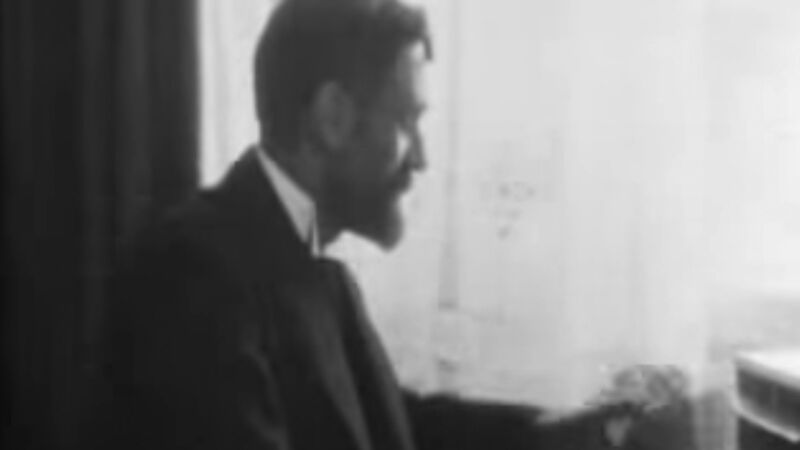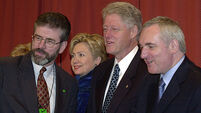State Papers: Roger Casement guns feared 'illegally exported' to 'naive' US collector

The weapons had been seized from Sir Roger Casement shortly before the Easter Rising in 1916.
The Government feared that pistols taken from Sir Roger Casement after he landed on Banna Strand in Co. Kerry from a German U-boat in 1916 were improperly sold in 1990 and possibly illegally exported.
Confidential files released by the National Archives show a US gun collector who had purchased the German weapons had asked for copies of material about the awards given to Sir Roger.













